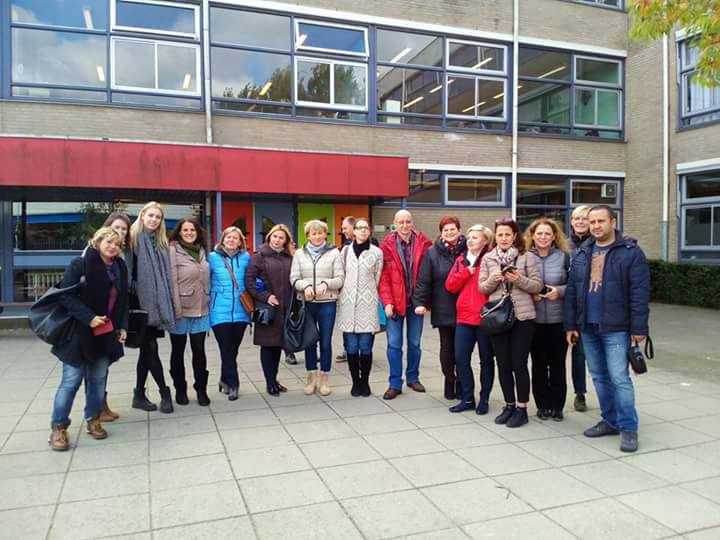 REAL MATHS TALK
REAL MATHS TALK
Why do we talk in mathematics lessons? To clarify thinking, think through ideas, express thoughts and opinions, share knowledge, review, adapt and improve ideas, and to negotiate solutions, meaning and understanding. Thus learning mathematical vocabulary and talking about mathematical ideas are essential to the development of understanding in mathematics…and students love to talk…but not about maths. Students can learn (and in fact create!) new words to talk to their peers…but struggle to learn mathematical vocabulary.
We aim to develop strategies that develop students’ ability to talk about maths and explain their mathematical thinking using subject specific vocabulary, and in the long term increase student understanding of, and attainment in, mathematics.
The new National Curriculum 2013 in the UK emphasises the importance of this:
“The national curriculum for mathematics reflects the importance of spoken language in pupils’ development across the whole curriculum – cognitively, socially and linguistically. The quality and variety of language that pupils hear and speak are key factors in developing their mathematical vocabulary and presenting a mathematical justification, argument or proof. They must be assisted in making their thinking clear to themselves as well as others and teachers should ensure that pupils build secure foundations by using discussion to probe and remedy their misconceptions.”
Further, talking about mathematics develops students’ ability to think about mathematics. By developing their ability to communicate to themselves and others, students will ultimately be able to explain their mathematical thinking in writing and so access the new Assessment Objective (AO) in the reformed GCSE qualifications. AO2 assesses students’ ability to “Reason, interpret and communicate mathematically”, this new objective makes up 25% of the Foundation examination paper and 30% of the Higher paper. By improving students’ ability to answer these questions, in the long term we will improve the attainment of the young people.
Mathematics is a high priority for Dutch students as they must gain sufficient marks in the combination of topics: Dutch, English and Mathematics. This is a priority at all levels,
As in the UK, mathematics and English are the two main subjects for Lithuanian, Polish and Turkish students and are a priority in their final examinations. As such, these subjects receive great consideration as students have to undertake much preparation for their final assessments. Facts and figures from Poland, Turkey, Lithuania and The Netherlands will be uploaded.
In the UK, a specific focus on literacy is necessary due to the low literacy skills of the students.
The reading age data for THS indicates a significant proportion of students whose reading age is below their chronological age. In Key Stage 3 (Years 7-9) 84.3% of the 720 pupils are below their chronological reading age. 72.6% are more than 12 months below (38.3% are more than 36 months below, 19.6% are between 24 and 35 months below, 14.7% are 12 to 23 months below).
There is a similar situation in BBEC:
Year 7 - 61.7% of the cohort are below their expected reading age.
Year 8 - 52% of the cohort are below their expected reading age.
Year 9 - 59% of the cohort are below their expected reading age.
Comenius College has a bilingual stream in the school. In both schools communicating in English is essential to the success of the students and the schools are keen for this to be developed in mathematics specifically, to enhance the attainment of students in mathematics, and at the same time to improve the teaching and learning of mathematics through the English language. We will ofcourse make translations for other classes and students in Dutch and Turkish, Transfer is important in this project so all students in our schools can benifit from it.
The project objectives were agreed through a series of meetings in the UK including Local Authority and Bradford Partnership Headteachers and Senior Leaders with responsibility for mathematics to ensure that the project vision was supportive in moving forward the vision of all major stakeholders. This was supplemented with extensive email communication with our European partners. In the end we agreed on the following objectives:
Objectives:
To create a toolkit of lesson resources to develop students’ literacy skills in mathematics, specifically their
- spoken language skills
- use of mathematical vocabulary
- ability to explain their mathematical thinking verbally
To change teacher pedagogy to include specific participatory strategies within mathematics lessons to purposefully develop students’
- spoken language skills in mathematics
- use of mathematical vocabulary
- ability to explain their mathematical thinking verbally
To improve the attainment of young people by increasing students’ competence in their ability to
- use mathematical vocabulary
- explain their mathematical thinking verbally

